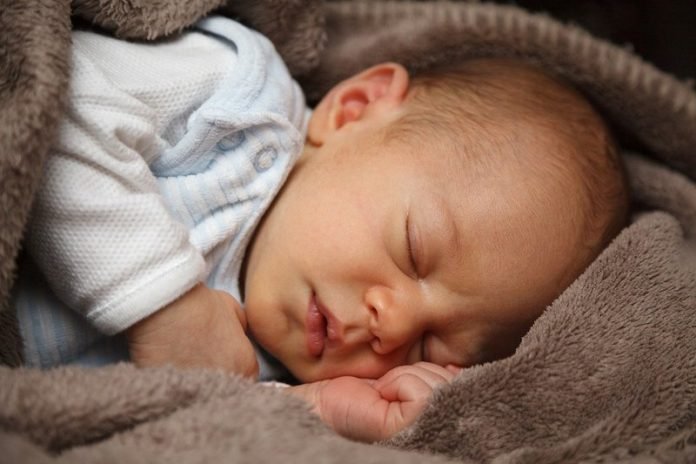
Scientists from Spain found that babies born to mothers who suffered COVID-19 disease during pregnancy seem to exhibit differences in brain development at 6 weeks.
The research was presented at the 30th European Congress of Psychiatry and was conducted by Dr. Rosa Ayesa Arriola et al.
In the study, the team found that babies born to mothers who had been infected show greater difficulties in relaxing and adapting their bodies when they are being held.
Moreover, infants born from infected mothers tend to show greater difficulty in controlling head and shoulder movement.
These alterations suggest a possible COVID-19 effect on motor function (movement control).
The results come from an initial evaluation of the Spanish COGESTCOV-19 project, which followed the course of pregnancy and baby development in mothers infected with COVID-19.
The researchers are presenting the data on pregnancy and post-natal assessment at 6 weeks after birth, but the project will continue to see if there are longer-term effects.
The group will monitor infant language and motor development between 18 and 42 months old.
The initial evaluation compared babies born to 21 COVID-positive pregnant women and their babies, with 21 healthy controls attending the Marqués de Valdecilla University Hospital in Santander, Spain.
The mothers underwent a series of tests during and after pregnancy.
The team says they need a bigger sample to determine the role of infection on a baby’s brain development alterations and the contribution of other environmental factors.
This is the right moment to establish international collaborations that would permit us to assess long-term neurodevelopment in children born during the COVID-19 pandemic.
If you care about COVID, please read studies about drug that could inhibit the COVID-19 virus, and this drug can block multiple COVID-19 variants.
For more information about COVID, please see recent studies that Vitamin D can be a cheap COVID-19 treatment, and results showing vegetables and coffee may protect against COVID-19.
Copyright © 2022 Knowridge Science Report. All rights reserved.



